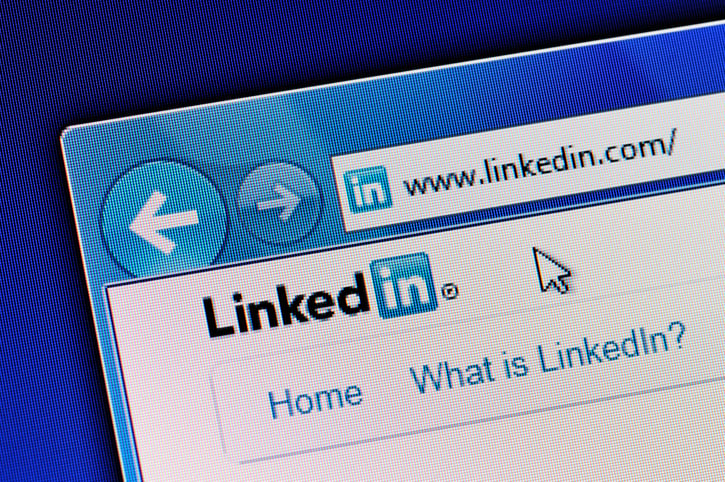

A hacker forum is auctioning off the information of 700 million LinkedIn users.
The stolen dataset was posted on the RaidForums hacker site on June 22. Cybersecurity website PrivacySharks analyzed the dataset and reported in a blog post that it contains information such as users’ full names, gender, email addresses, phone numbers, and industry information.
PrivacySharks reached out to LinkedIn to verify the attack, and the company sent a response saying that it does not believe the leak is a sign that a data breach has occurred.
“While we’re still investigating this issue, our initial analysis indicates that the dataset includes information scraped from LinkedIn as well as information obtained from other sources,” the LinkedIn representative said. “This was not a LinkedIn data breach, and our investigation has determined that no private LinkedIn member data was exposed.”
The representative added that scraping data from LinkedIn violates its terms of service.
After PrivacySharks brought news of user details being auctioned to the attention of LinkedIn, the company released another statement explaining that what had happened was not a data breach and that no private member data was exposed.
LinkedIn’s platform currently has 756 million users. If the dataset contains unique profile information of 700 million individuals, then the leak would affect more than 92% of all LinkedIn users, IT World Canada reported.
Although the information being sold on the hacker forum is limited to just names, email addresses, and phone numbers, there is still a risk for those affected, PrivacySharks said. The information can still be used in order to target individuals with spam campaigns, or even abused for identity theft.
LinkedIn users have been encouraged to update their account’s password, as well as their passwords on other websites, as a precaution.
